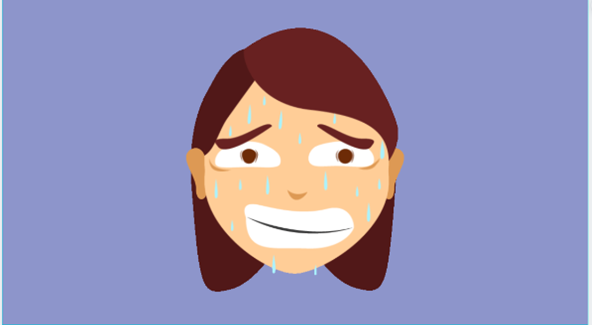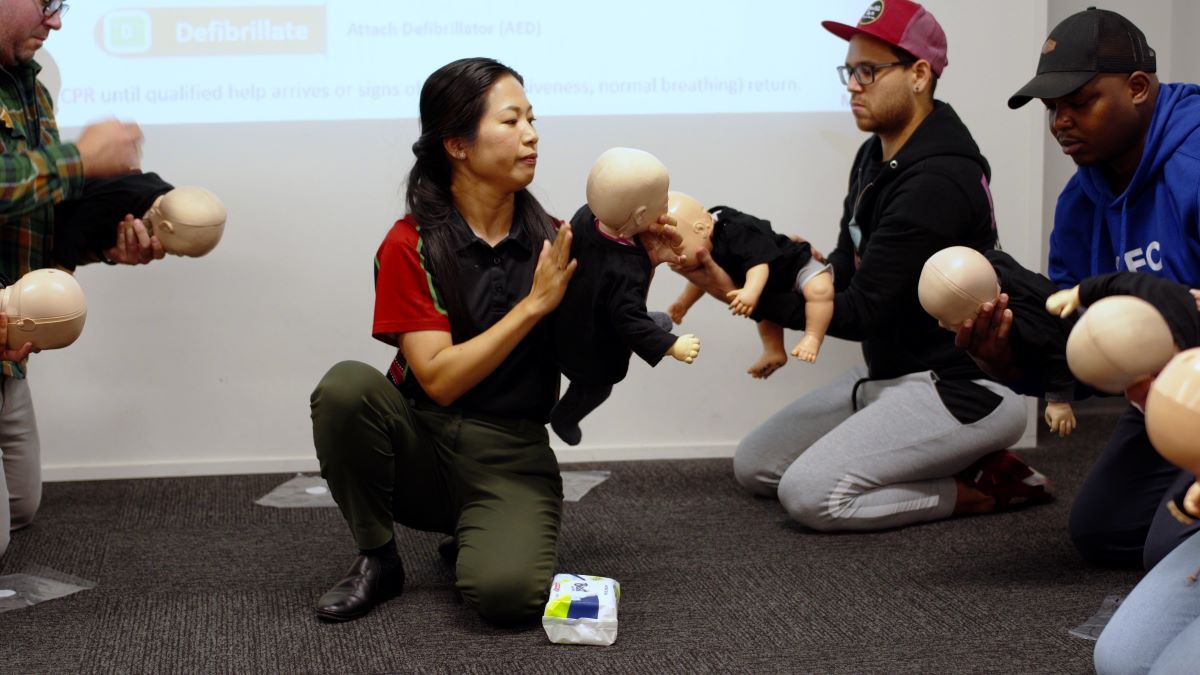According to Beyond Blue, around one million Australians will experience depression in any one year, and over two million will experience anxiety. With so many people affected, support networks are vital to helping you feel okay and reducing the stigma around mental health itself.
Common mental health problems
Anxiety
Anxiety makes you feel stressed or worried, even after a stressful event has finished. It is a constant pressure the individual feels to be their best and not let down others.
If you feel this way, you are not alone. Anxiety is the most common mental health condition in Australia. The sooner you receive help, the sooner you can feel better.
We all feel anxious when we have a significant personal event, such as a job interview or a new social situation. But if you have anxiety, you will continue to feel this way for a long time.
Some common symptoms of Anxiety sufferers include:
- Panic Attacks
- Tightening of the chest
- Quick breathing
- Worry
- Obsessive thinking
- Avoidance of situations- this can affect your work, social life and study.
Depression
Depression is when you experience low feelings intensely for long periods. It affects your physical health as well as your mental health. It can be caused by a range of events and long-term or personal factors. You may be depressed if you’ve felt sad for over two weeks most of the time and have lost pleasure from your usual activities.
Some common symptoms of depression are:
- Being withdrawn
- Unable to concentrate
- Not socialising
- Not being able to get things done at work
You may also feel:
- Irritable
- Low in confidence
- Miserable
- Indecisive
- Frustrated
- Overwhelmed
- Guilty
There are many different types of depression, so if you are feeling down, lean on someone for support.
Who can help?
If you do not feel okay, you can reach out to your friends and family members. They know you well and will want to help you if they know what’s going on. You don’t need to plan a big speech about how you are feeling. Let the conversation flow and naturally drift to the topic. Just talking about it could help you.
You may not want to talk to someone who knows you well. It may feel too close and involved; you may want an outside opinion or think that those close to you won’t understand.
If this is the case, you should make an appointment to see your doctor. Book in for a double appointment if possible. Once you are in the room, talk to the doctor about how you are feeling, they may ask whether they can have you answer some questions to determine whether you should be placed on a Mental Health Care Plan, also known as a Mental Health Treatment Plan.
As of 2021, the Mental Health Care Plan will entitle you to up to twenty individual psychological appointments per calendar year subsidised by Medicare. After your first six, you will need to see your doctor again to review your Mental Health Plan.
Your health professional may also recommend medication for your symptoms.
How can I help someone else?
If you want to support someone you know, you can be better prepared by taking a Mental Health First Aid course. These are offered across Australia and take just a couple of days to complete. It just may save a life.
I have a severe Mental Health Problem. What can I do?
If you feel affected by any of the topics discussed in this article and need urgent assistance, contact Lifeline mental health services on 13 11 14 to receive free, confidential support.







